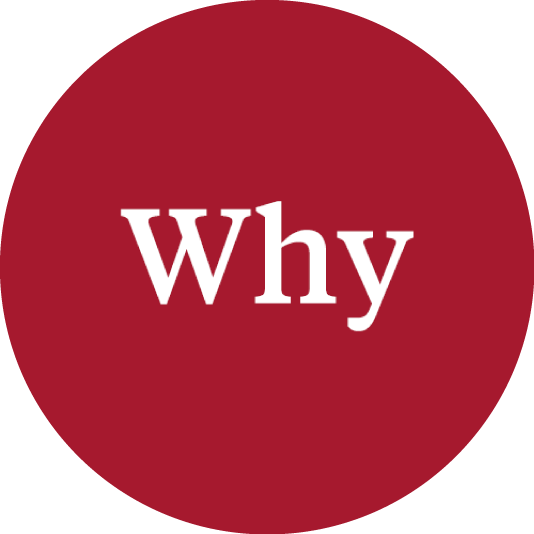Office for Restorative Practices
Building Relationships by Changing Perceptions
The Mission of the Office for Restorative Practices at San Diego State University is to develop and implement practices that promote connectedness and belonging on campus, build trust across differences, repair harm and transform tensions into meaningful opportunities to grow, learn and change in a safe, trusting community. Restorative Practitioners will utilize both proactive and responsive practices to enhance the communal experience at SDSU.
Restorative Justice
Restorative justice is a process to involve, to the extent possible, those who have a stake in a specific offense and to collectively identify and address harms, needs and obligations, in order to heal and put things as right as possible.
Howard Zehr, Center for Justice and Peacebuilding, Eastern Mennonite University
Restorative Practices
Restorative practices are designed to build community and social capital to help reduce crime, violence and bullying; improve human behavior; strengthen civil society; provide effective leadership; restore relationships; repair harm.
International Institute for Restorative Practices
Restorative justice (RJ) and restorative practices (RP) are both social science concepts that aim to improve relationships and communities. RJ is a reactive process that involves bringing together all parties involved in an offense to decide how to deal with its aftermath. RP is a more proactive approach that uses informal and formal processes to build relationships and prevent conflict and wrongdoing before it happens.
An Overview of the ORP

What Is The ORP?
The Office for Restorative Practices (ORP) at SDSU is a campus-wide endeavor aimed at incorporating restorative philosophies and practices into the university community. Our goal is to establish and unite a range of programs and resources to foster a sense of community and equip all members to effectively manage the conflicts that may arise while striving to develop a more inclusive campus.

Why Is The ORP Necessary?
Adopting restorative practices at SDSU enhances the campus culture. Embracing a restorative approach helps prioritize community building, supports collaborative decision-making, addresses gaps in current procedures, provides more options for addressing community harm and modifies or replaces hindering assumptions and systems. This shift challenges punitive mindsets and focuses on repairing harm, necessitating a cultural shift away from punitive practices to a relational approach.

How Does The ORP Affect Our Community?
Restoration education is focused on informing the community about the principles of "restoration," defining cultural values and priorities, providing strategies for conflict resolution, fostering an understanding of one's impact on the community and facilitating the healing process after harm. Additionally, fostering a genuinely inclusive community will involve addressing re-entry and re-engagement following conflict.
The ORP allows us to uphold our values of diversity, equity and inclusion while emphasizing the importance of relationships, community and a sense of belonging. Restorative practices encompass both proactive and reactive elements. Proactively, they create a secure, supportive and structured environment for participants to strengthen their connections and sense of community through collaborative learning and experiential activities. This sets the groundwork for community members to address and manage harm and conflict as they occur. In response to conflict, restorative practices prioritize the needs of those who have been harmed, giving them a voice and a central role. Rather than viewing conflict as simply a violation of school or social policy, restorative practices emphasize the harm caused to individuals, relationships and the community as a consequence of the conflict.
What We Do
Programs
We create and offer successful trainings, workshops and classes to give individuals the tools to thrive and create meaningful connections.
Consultation
We understand the importance of consulting with faculty, staff and student groups and are dedicated to providing support every step of the way, from defining the goals of desired change to witnessing and celebrating your accomplishments.
“Restorative Justice is respect. Respect for all, even those who are different from us; even those who seem to be our enemies. Respect reminds us of our interconnectedness, but also of our differences … Respect insists we balance concerns for all parties. If we pursue justice as respect, we will do justice restoratively.”
We Embrace Diversity
The concept of diversity encompasses acceptance and respect. It means appreciating that each individual is unique and recognizing that different strengths come with those differences. It is about understanding each other and celebrating the rich dimensions of diversity contained within each individual. These can be along the dimensions of age, race, color, gender, sexual orientation, disabilities, religious beliefs, or other ideologies.


